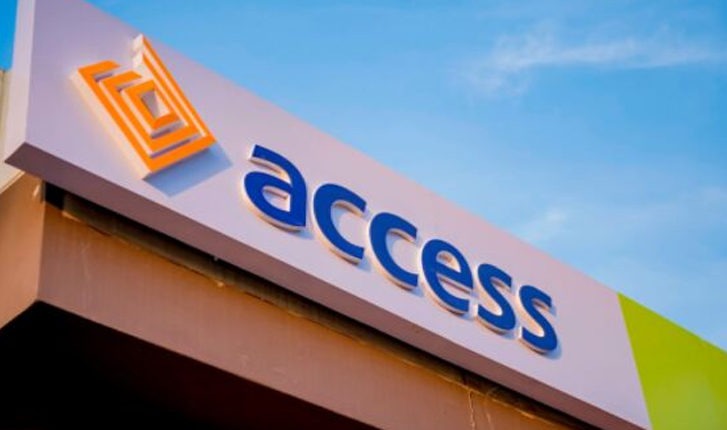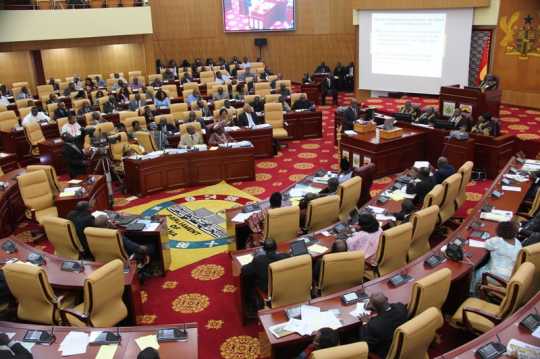- Stakeholders Bullish on Green Bond as Global Demand Hits $60trn
Stakeholders in the Nigerian capital market have said the bid by the federal government to raise funds through Green Bonds issuance would be successful given the high demand for the instrument by investors globally.
The federal government is planning to raise N20 billion via Green Bond before the end of the first quarter to fund projects that have environmental benefits. As part of the programmers, leading to the bond issuance, the Green Bonds Capital and Investors Conference was organised last week in Lagos by the Federal Ministry of the Environment, Federal Ministry of Finance and the Debt Management Office (DMO).
Participants at the conference expressed confidence that the issuance would be highly successful.
For instance, the Chief Executive Officer of the Nigerian Stock Exchange (NSE), Mr. Oscar Onyema said oversubscription in Green Bond issuance is commonplace, meaning that the planned issuance by Nigeria will record significant patronage.
According to him, assets under management by signatories to United Nations-supported Principles for Responsible Investment (Green Investment) rose from $4 trillion in 2006 to $60 trillion in 2015.
Besides, he said assets managed by institutional investors in the Organisation for the Economic Cooperation and Development (OECD) countries are projected to hit $120 trillion in 2019.
This, Onyema explained, are signals of a vibrant green bonds market that Nigeria will benefit from.
Explaining the decision to issue the Green Bond at the conference Acting President, Prof. Yemi Osinbajo said the bond would support the federal government’s shift to non-oil base assets for project financing for economic growth and development.
According to him, the proceeds of the bond would be used for environmental projects such as renewable energy micro-utilities in three communities estimated at N10 billion and would provide an average of 33KW of power through solar technology.
He noted that the environment finance was very important for environmental projects, noting that the Green bond would address climate change and environmental projects to ensure sustainable development.
Osinbajo, who described the initiative as a new addition to the market funding portfolio, added that the proceeds would be used by Nigeria to fight climate change.
He said that climate change had led to increase in natural disasters thereby affecting food, water and energy supply, thereby increasing poverty level of populace.
Also speaking at the conference, the Minister of Environment, Mrs. Amina Mohammed, said government’s new proposed economic recovery and growth plan identifies the Green Bonds as one of the alternative sources of financing.
“Government is ready and committed to diversifying the economy, creating Jobs, improving security and improving quality of life. Green Bonds provides a new product with new credentials that investors can buy into which has gone through a vigorous process to ensure transparency, accountable use of funds and is environmentally friendly,” she said.
The minister called on the domestic capital markets to rally round the issuances.
“Our domestic market need to rally around our own domestic issuances. The recently issued Euro Bonds are a testament to us that the Nigerian Market is still viable. So, let’s translate that to domestic issuances. Greening our economy and financial systems will in the long run support our sustainability efforts and improve the economy as it will open new avenues for new types of jobs, innovation and skill,” she added.


 Billionaire Watch4 weeks ago
Billionaire Watch4 weeks ago


 Naira4 weeks ago
Naira4 weeks ago


 Naira3 weeks ago
Naira3 weeks ago




 Naira3 weeks ago
Naira3 weeks ago




 Naira3 weeks ago
Naira3 weeks ago




 Naira2 weeks ago
Naira2 weeks ago
 Commodities3 weeks ago
Commodities3 weeks ago


 Banking Sector3 weeks ago
Banking Sector3 weeks ago



















